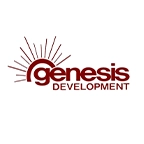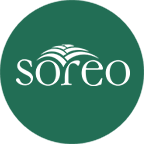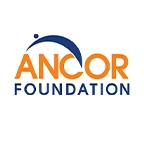Sell side or buy side, we’re on your side.
Healthcare mergers and acquisitions done right.



Healthcare is our specialty. You’re our focus.
Your life’s work deserves the right deal. Let’s get it right.
You've built something significant in healthcare. Now, as you consider your next strategic move, you need advisors who truly understand the intricacies – and the heart – of this industry.
What makes us different?
- We’ve sat in your seat – and across the table. Our people have bought, built and sold healthcare companies.
- We understand what’s at stake. It’s personal, and you only get one shot to do it right.
- We’re in it together. You’ll have experts at your side and a team that has your back.
The Deals Speak for Themselves.
Healthcare Sectors We Serve

Medical Billing/RCM
Helping transition revenue cycle management and financial health businesses

Dental
Strategic transactions for dental practices and orthodontics groups

Veterinary
M&A advisory for veterinary practices and animal surgery centers

SUD/Behavioral Health
Experienced M&A support for organizations treating substance use disorders and mental health
Previous Transactions
Latest Insights


In my experience advising founders of healthcare companies, transaction decisions rarely come down to a single question like "Is now the right time to sell?" More often, the conversation centers on how to create liquidity, reduce personal risk, an

Over the years, I've met a lot of healthcare business owners who confidently tell me, "I think we're ready to sell." And almost every time, once we start peeling back the layers, they discover they're mostly ready — but not quite where th
Latest News

Mergers & Acquisitions: Behind TrumpCare
Originally Published by HME News on January 3, 2017
There are a lot of unknowns for a Trump presidency and what TrumpCare (to coin a phrase) will eventually look like. While his habit of contradicting himself makes it difficult to make exact predictions, there is one clear indication…

M&A market holds steady in 2016
Originally Published by HME News on January 6, 2017
YARMOUTH, Maine – The pace of acquisitions slowed down a bit in 2016, but overall it was a decent year for buyers, say analysts.
“The big deals have stalled out a bit, but you have a lot of people that are shopping and acquiring the…

M&A: Home Medical Equipment
Originally Published by HME News on April 21, 2017
YARMOUTH, Maine – After a slow first quarter, buyer appetites for HME businesses are picking up, say M&A analysts.
“There’s still more sellers than buyers, but transactions are getting done,” said Rick Glass, president of Steven…






